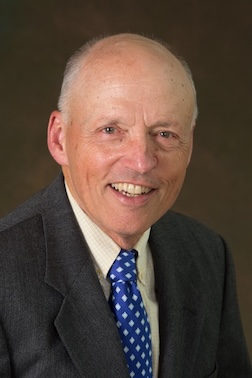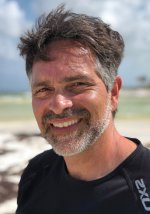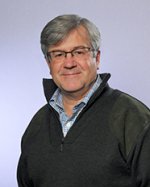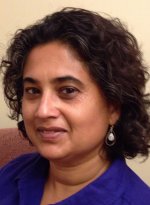DeWitt Stetten Jr. Lecture
The National Institute of General Medical Sciences (NIGMS) established the DeWitt Stetten Jr. Lecture in 1982 on the occasion of the institute’s 20th anniversary in honor of its third director, DeWitt “Hans” Stetten, Jr., M.D., Ph.D. Stetten was an esteemed biomedical researcher and administrator who had a varied biomedical career at and beyond the NIH. He first came to NIH in 1954 as associate director of intramural research at what was then called the National Institute of Arthritis and Metabolic Diseases. Having made his imprint there, he left the NIH to serve as dean of the Rutgers University Medical School from 1962 to 1970. Then he returned to the NIH to become NIGMS director, where he was instrumental in shaping the modern successes of this institute. Among Stetten’s many accomplishments at NIGMS was the establishment of eight genetics centers across the United States that maintained a bank of cell lines representing genetic defects and sponsored basic and clinical programs for the identification of genetically transmitted diseases. He developed national guidelines for this genetic research, which was quite novel and exciting at the time. Stetten also was senior scientific adviser to the NIH director from 1979 to 1986. The NIH Stetten Museum was renamed in his honor in 1987.
This page was last updated on Thursday, November 2, 2023









